Last Updated on July 31, 2021

After viewing 35 minutes of A CURE FOR WELLNESS and seeing the new trailer a few weeks ago, I sat down with director Gore Verbinski to discuss the new horror thriller. I showered some praise to THE WEATHER MAN before diving into the themes of A CURE FOR WELLNESS, as well as what his intentions are for us to takeaway when it's over, including a cue taken from Steven Spielberg.
First of all, I have to tell you, I’m a huge fan of The Weather Man, I love that movie. I think it’s totally underappreciated. I actually wrote a column on it called The Best Movie You Never Saw…
Verbinski: Oh, I think I saw that! Somebody sent me that, because there are fans out there, y’know. Few and far between. But, yeah, I’m very proud of that movie.
It’s so underappreciated. I think as you get older in life it holds a lot of resonance. I think it’s a great film, it’s hilarious, it’s awesome and I’m glad it’s out there.
Verbinski: It’s an interesting ceiling, the sort of greatest generation and then the generation after, where there’s nowhere to go but down. My father was an only kid of eleven kids that went to college on the GI Bill, from a farming family and then went to MIT and was a nuclear physicist. How do you compete with that? It’s a tough thing to make a movie about. There’s no bank heist in that movie. (laughs)
No explosions. There is a bow and arrow, though (laughs)
Verbinski: There is a bow and arrow. But it’s sort of, y’know, there’s something about battling mediocrity in your life that just doesn’t drive people to the box office, but I’m very proud of the movie and glad we got to make it and Chicago was such a beautiful town to shoot in-
There’s so many movies like that, that just fly under the radar. That’s why we started that column, because there’s so many great movies that people aren’t seeing
Verbinski: They’re harder and harder to make

Yeah, definitely not getting easier. So, you’ve played in a lot of different genres, from animation to action to horror, so I’m wondering if there’s a genre you gravitate toward or is it the material that you respond to?
Verbinski: Well, two things are happening. One is, y’know, growth and opportunity to learn and try things you don’t know how to do. By the time you’ve made the third Pirate movie you’ve sort of got a sense of, okay, I’ve sort of maxed out on the unknowns. When you enter the psychological thriller or horror you have to have a sense of film history and you have to know where the boundaries are and where you can push them.
I don’t put genre in front of the decision-making process. It’s usually, in the case of CURE, it was really long walks with Justin, the writer, wondering what we do next. We’re talking about books and literature and ideas and sort of found this premise that was taken from Thomas Mann’s "The Magic Mountain", which is this book that takes place in the Alps, where people are sort of clutching onto their illness like a badge before the outbreak of WWI. There’s a sense of denial about the inevitability of what’s occurring and I think that interested me. To take this sense of- because I think society as a whole is ripe for diagnosis right now and the genre, y’know, is elevated when it taps into something of a zeitgeist, some feeling. At least I believe that. The success of The Ring in many ways was sort of – the film sort of deals with the transferable nature of hatred and it was right after 9/11, y’know, and I think there was this palpable sense of what did I do to deserve this or why is this happening to us and you have this sort of chain letter concept in that movie.
A CURE FOR WELLNESS is sort of exploring this sense of the irrational and the inevitable converging. We all know history and yet here we are driving a car into a tree and we’re not turning and there’s that sense of comfort of denial; terry cloth robes and a steam bath and there’s no better place, the health spa, to corrupt that idea of the temorariness of tranquility and to explore inevitability as a kind of sickness and to put it in sound and camera. There’s a dark spot on your x-ray, y’know, and it’s the narrator of the movie, it’s the unseen force. ‘Cause we have a protagonist who starts off as kind of a- he’s a killer, I mean he’s the worst of us.

Right, very cold, almost emotionless
Verbinski: He’s ripe for his comeuppance. He has it in spades and ready for diagnosis. And then to kind of offer up a lotus eaters place you don’t want to leave. It’s like taking a warm bath and then put a razor blade next to it and it’s a completely different meaning. So, that darkness, that idea of exploring that sense of inevitability that’s sort of pulling the protagonist to his epiphany, pulling the camera down the corridors – like a cancer. And that led to discussions of, okay, the plot and cards on the wall and outlines. I think we were pretty much in the genre right away, but that’s sort of how it works.
It seems like it’s on the scales of horror/thriller as well as a character study. It also touches on how we’re addicted to our jobs. Is addiction a part of what drives the story as well?
Verbinski: Y’know, I have two teenage boys and they’re kind of at that phase where they call bullshit on the life-the algorithm- we’ve handed them. There’s this song from the ‘80’s, I think it was the Godfathers or something, and the lyric was ‘birth, school, work, death’ and that’s the lyric over and over and I think there’s a sense of what’s it all for, you could get hit by a bus tomorrow, y’know. That’s life and you’re seventeen years old and you’re like, so now I gotta go to college and then I’m gonna get a crappy job and then I’m gonna die of prostate cancer? That’s it? That’s what it’s all about? And I think sort of grabbing that and taking a guy to a place where your cell phone doesn’t work and your watch stops and no Internet – it’s like a respite from the modern world and have this doctor genuinely concerned for your well being or seemingly so. There’s a real sense of time out; what are we doing? Is there a sickness that we all have? When was the last time you took a walk through the park without your phone? And I think there’s an alluring quality to that that we’re playing with and then twisting.

So, you said that you hope this film does for wellness clinics what Jaws did to beaches…
Verbinski: Yeah, well, that’s not to even say- that’s nothing to do with Steven [Spielberg] and filmmaking, that just – don’t take that the wrong way, I’m not saying our movie is as profound as Jaws. But, the health spa is a really nice place and the beach was a really nice place until Steven fucked it for everybody. So, y’know, I would like to think that you’re next to the steam room might give you pause.
So, you’ve ruined massages for everybody?
Verbinski: I hope so (laughs).
A CURE FOR WELLNESS checks in to theaters on February 17, 2017.



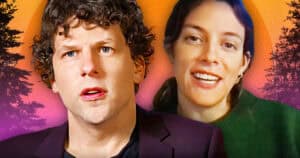




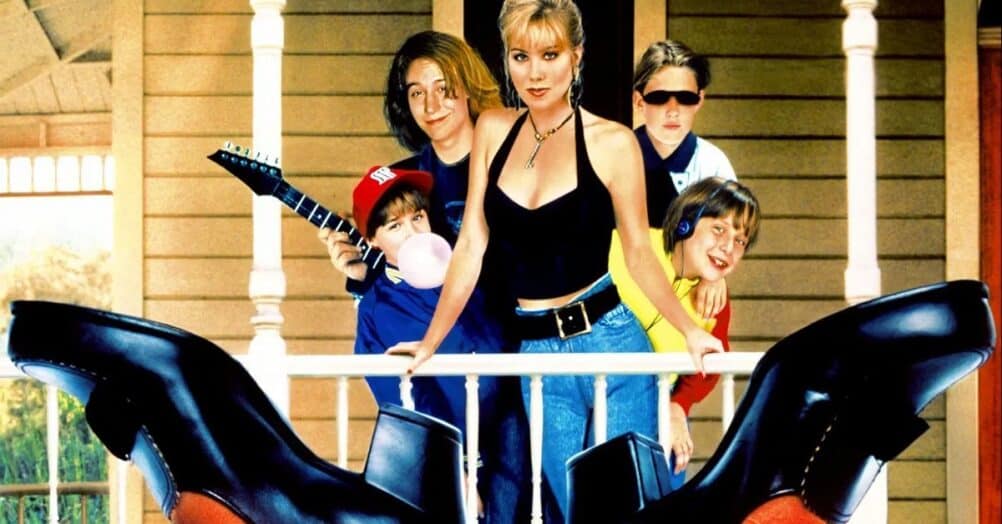
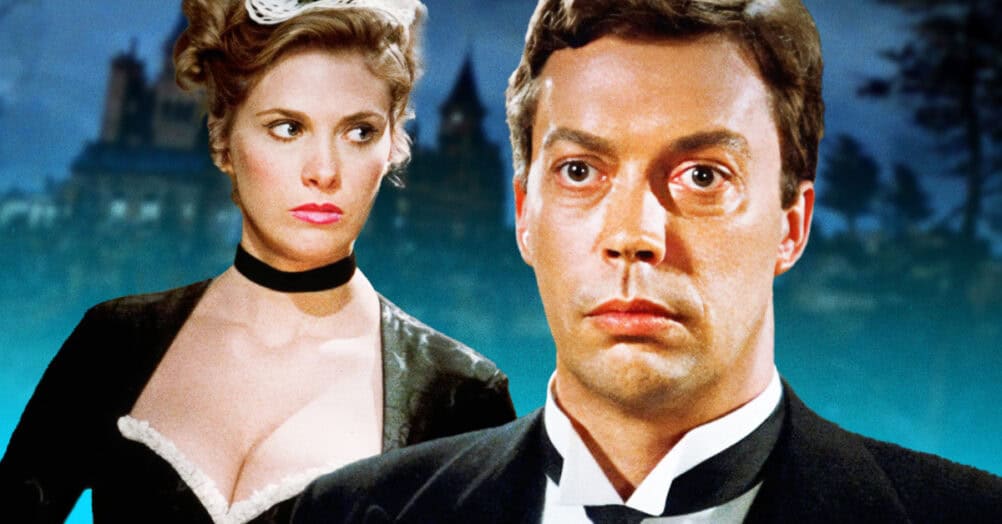
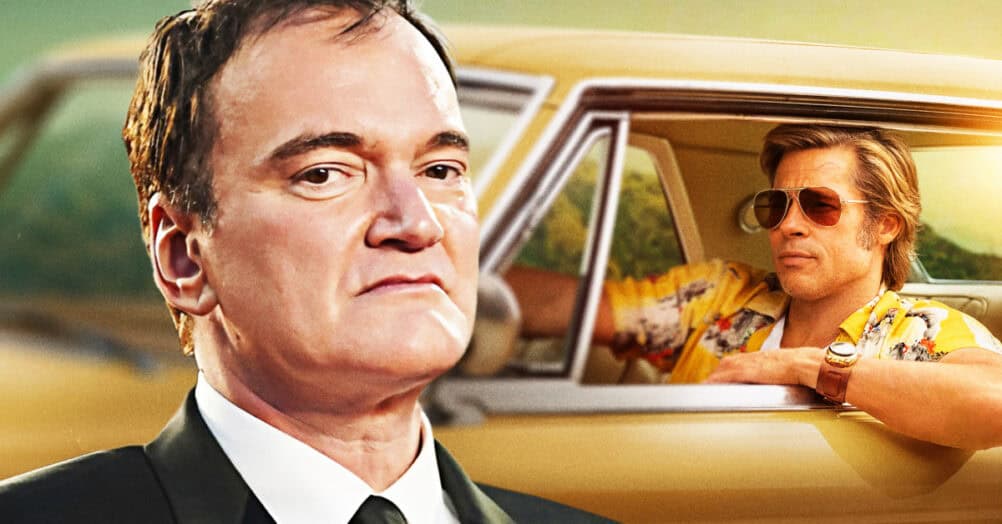
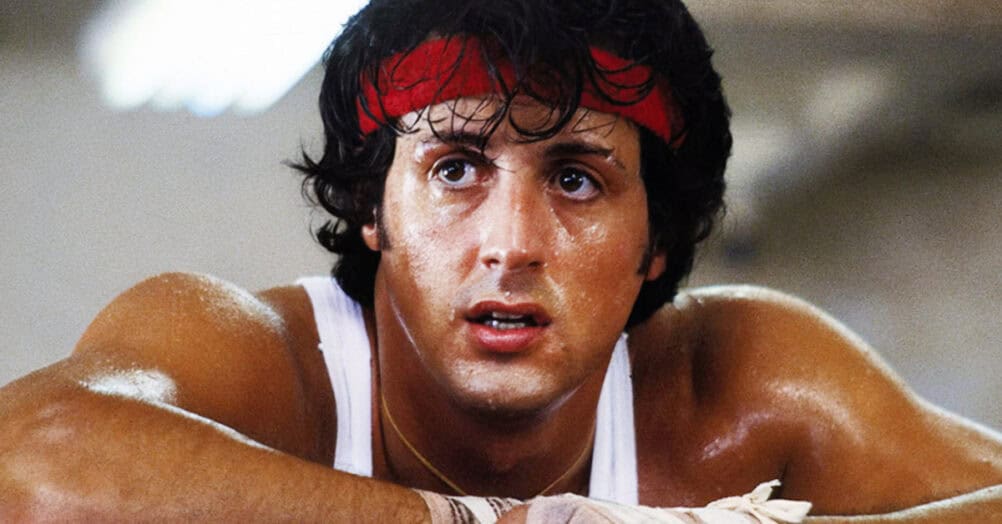


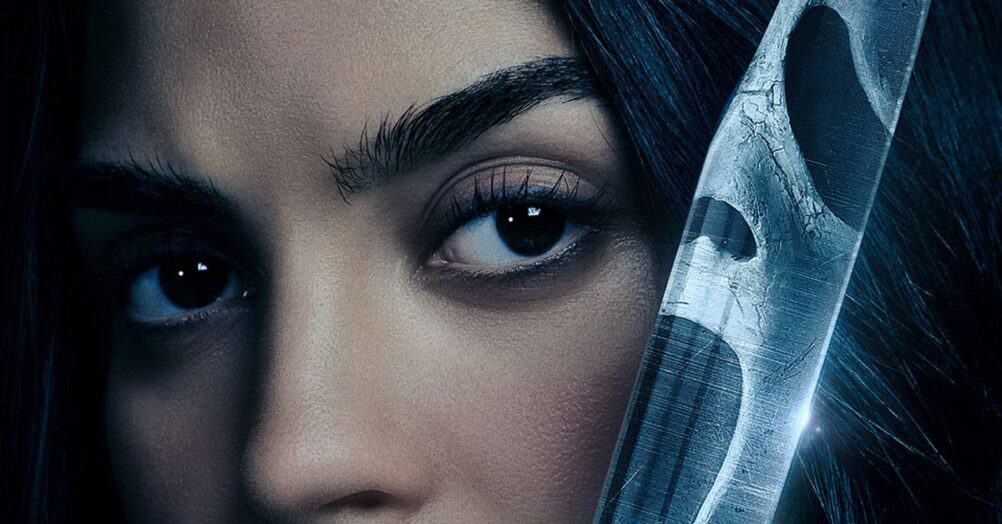
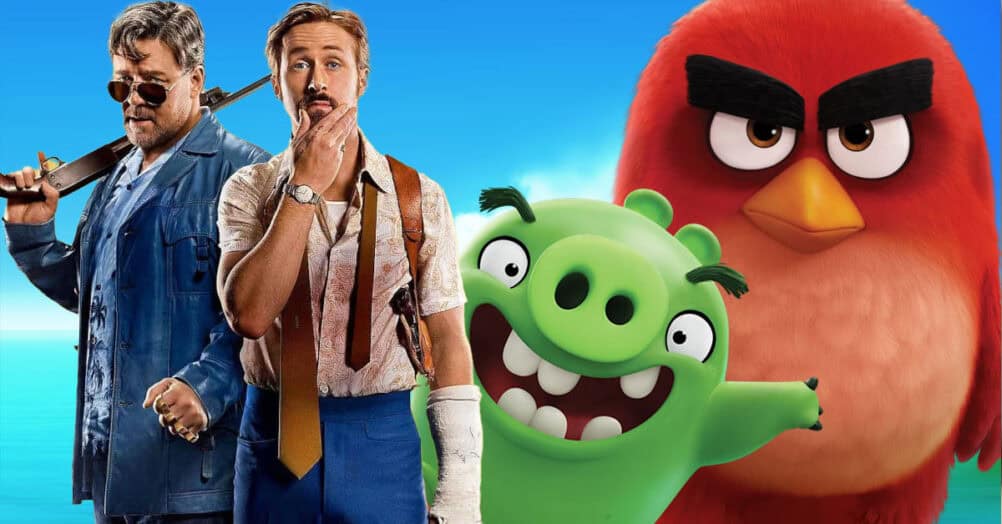
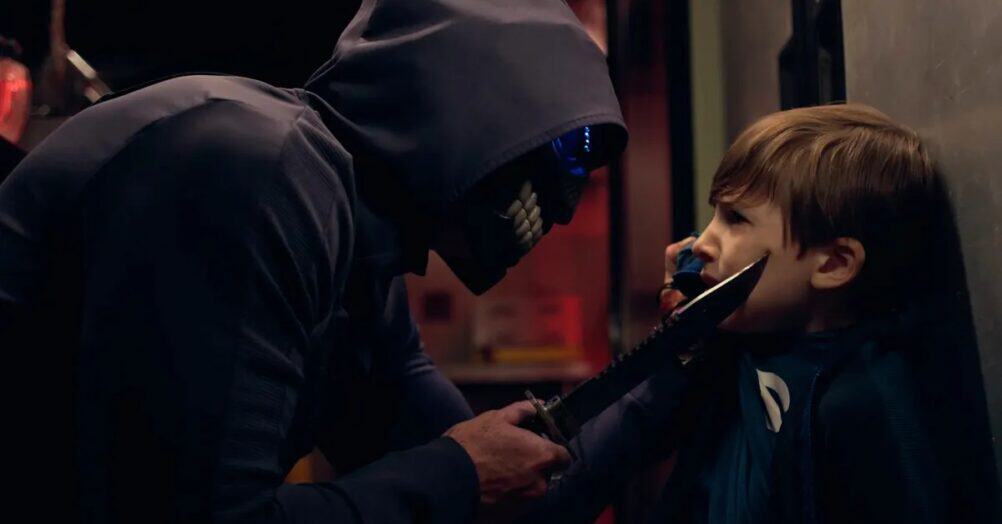
Follow the JOBLO MOVIE NETWORK
Follow us on YOUTUBE
Follow ARROW IN THE HEAD
Follow AITH on YOUTUBE